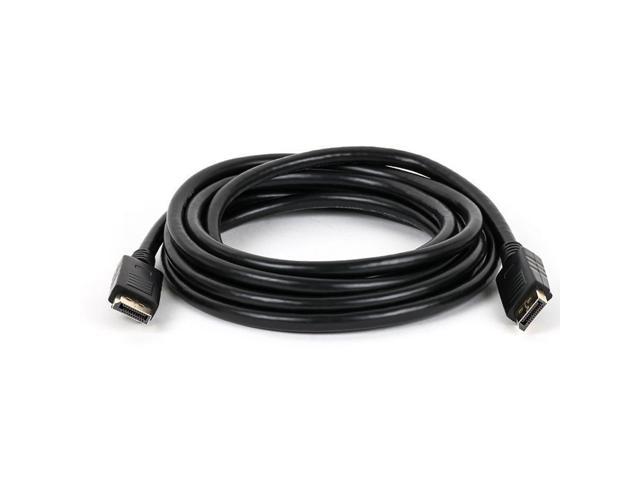“A society without truth–and the related quality of trust–willnot long endure.” –from the Preface Ethics in corporate America has become a bottom-line issue.Scandals such as the junk bond debacle in the late ‘’80s and therecent bankruptcy of Orange County, California, graphicallyillustrate just how devastating losses from corrupt businesspractices can be. Closing the rift between a company’’s public andprivate face, its avowed as opposed to actual behavior, is now morethan ever the concern of the accountant. Examining a firm’’s business records and practices has traditionallyplaced the accountant in the role of watchdog. And in a corporateworld where ethical ambivalence can complicate even the mostroutine business decision, a trusted accountant can guide a companytoward a revived sense of purpose, showing it how to live up to itsown expressed ethical standards–leading the way to new business,increased profits, and cost savings. Ethics and the CPA detailsjust how an accountant can assess a company’’s ethical health aspart of a rigorous accounting regimen–and institute correctivemeasures. The book begins by clearly defining the accountant’’s role in thearea of “ethical services,” with specifics on establishing andperforming an audit on an ethics-based program for business,governmental, and not-for-profit entities. Issues such as thespecific knowledge, competencies, and attitudes essential to theprofessional providing ethical services are also discussed. The second part of the book takes the ethical pulse of thecontemporary business environment, analyzing some notable ethicalfailures in well-known companies as well as the range of regulatorydemands on CPAs, including the requirement for findingunethical/illegal behavior (SAS 82) and SEC oversightresponsibilities. Also included are the results of an ethics surveyreport on CPAs given to state CPA societies, regulatory bodies, andindustry. Finally, part three looks at the framework and issues surroundingdeveloping and leading an in-house ethics program, as well as theelements of an effective ethical program, developing an ethicaloversight committee, benchmarking an ethics program, marketingethical services, and the ethical challenges in the newmillennium. Ethics and the CPA is a practical handbook for the accountant onguiding one’’s clients toward an improved bottom line and financialstability–through impeccable conduct from the boardroom ondown. Ensuring your client’’s continued financial prosperity –with anin-house ethics program. Keeping a firm financially healthy has become more and more aquestion of monitoring its ethical pulse. Assessing the on-the-jobbehavior of managers and employees and how closely it measures upto their expressed codes of conduct has now become part of a CPA’‘soverall financial review function. And building an in-house ethicsprogram that both leads and inspires has become one of the keymeasures of an accountant’’s success. Ethics and the CPA describeshow to make “ethical services” part of the accounting regimen, withspecifics on establishing and performing an audit on anethics-based program for business, governmental, and not-for-profitentities. It also surveys the contemporary business environment,analyzing some notable ethical failures in well-known companies aswell as the host of regulatory demands on CPAs, including selectedlaws and regulations illustrating the range of compliance expectedin the United States. The book also provides the specifics ofsetting up an effective ethical program, developing an ethicaloversight committee, benchmarking an ethics program, marketingethical services, and the ethical challenges in the new millennium.The essential guidebook on how to incorporate ethical services intoan existing accounting practice, Ethics and the CPA showsaccountants how to make their clients’’ bottom line an ethical one.















